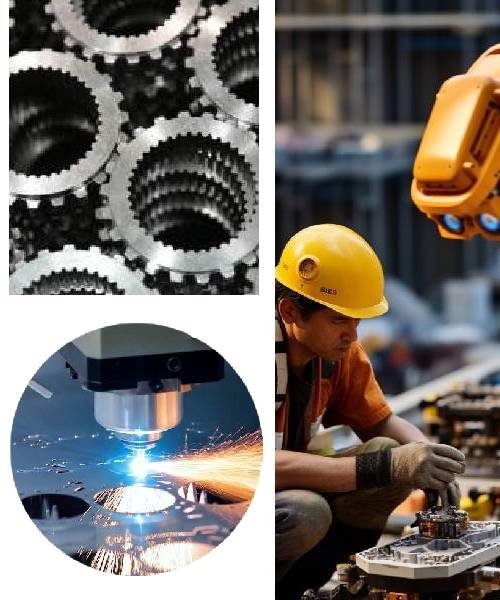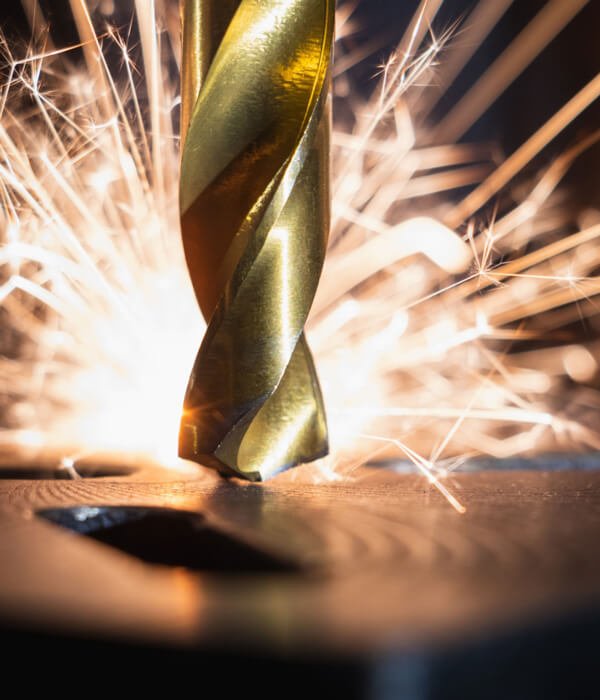Quality That We’ll Offer
To Our You
In the competitive landscape of industrial component manufacturing, maintaining high-quality standards isn’t just a preference—it’s a necessity. As companies delve into cutting-edge technologies like 3D printing and sheet metal fabrication, the importance of robust Quality Assurance (QA) practices becomes even more pronounced.

Precision at Every Stage
From conceptualization to production, precision is non-negotiable. QA processes need to be integrated seamlessly into every stage of manufacturing, ensuring that each component meets exact specifications. Utilizing advanced software for design validation and simulation can minimize errors and optimize designs for efficiency and performance.
Material Integrity
In industrial component manufacturing, material integrity directly correlates with product durability and reliability. QA protocols should encompass rigorous material testing and verification, ensuring compliance with industry standards and customer requirements. Whether it’s selecting the right metal alloy for sheet metal fabrication or certifying the quality of 3D printing filaments, meticulous attention to material quality is imperative.
Prototyping and Testing
Prototyping serves as a crucial phase in product development, allowing for iterative improvements and validation of design concepts. Implementing a structured approach to prototype testing enables early detection of potential issues, leading to faster iterations and ultimately, superior end products. Utilizing advanced testing methodologies, such as non-destructive testing (NDT), ensures thorough evaluation without compromising the integrity of prototypes.
Process Optimization
Continuous process optimization lies at the heart of quality excellence. Through data-driven analysis and feedback loops, manufacturers can identify inefficiencies and areas for improvement across production workflows. Embracing lean manufacturing principles minimizes waste and enhances overall productivity, while robust QA measures validate the efficacy of process enhancements.
Compliance and Standards Adherence
In an increasingly regulated industry landscape, adherence to quality standards and regulatory requirements is non-negotiable. QA protocols should be aligned with relevant industry certifications and compliance frameworks, guaranteeing product safety and legal conformity. Regular audits and inspections further validate adherence to standards, instilling confidence in customers and stakeholders alike.
Customer-Centricity
Ultimately, the success of any industrial component manufacturer hinges on customer satisfaction. By prioritizing customer feedback and integrating it into QA processes, companies can tailor products to meet evolving market demands. Establishing a culture of continuous improvement fosters long-term customer relationships and enhances brand reputation in a competitive marketplace.


